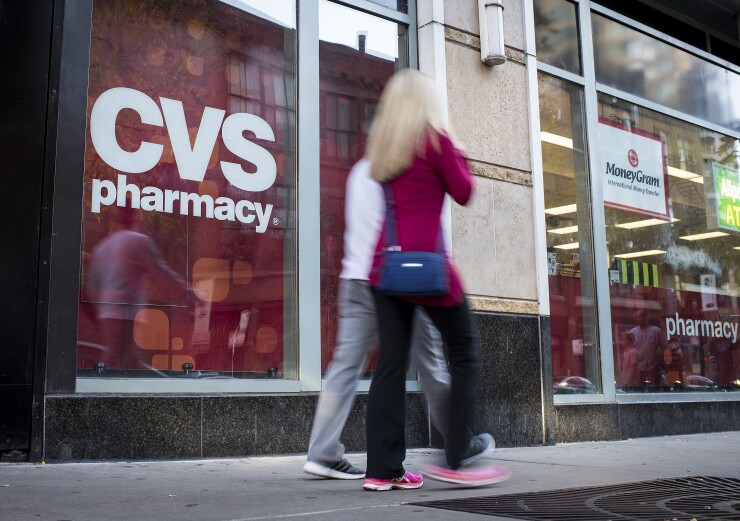The announcement that the pharmacy chain CVS was merging with the health insurer Aetna was no great surprise — the company has been telegraphing as much for months.
This is, however, one of the first instances of a pre-emptive move by a major retailer to prevent the incursion of Amazon onto their turf. But will it be successful and can CVS potentially gain an upper hand in stemming the inevitable Amazon tide?
Just what the doctor ordered
Yesterday, CVS announced

While there are numerous strategic reasons for a one-stop-shop integration of pharmacy with insurance, the catalyst for this transaction is almost certainly Amazon’s aspirations to move into pharmacy retail. In May,
More recently, tangible evidence of Amazon’s pharma aspirations came in the form of an
CVS / Aetna — real medicine or a placebo?
The trail of retail dead left in Amazon’s wake provides compelling evidence that if they want to infiltrate and eviscerate an existing merchant category, they will do so. From bookstores to big box retailers, Amazon has been merciless in its reshaping of incumbent retailers. This has been predominantly by focusing on cost, speed of delivery and breadth of product offerings. Jeff Bezos famously said, “Your margin is my opportunity” and this razor-sharp focus on lower cost products ethos has been critical to the sustained success of Amazon in penetrating new markets. Likewise, the reinvention of online commerce delivery — time between order and delivery has been truncated from weeks to days and even hours, eroding the instant gratification impulse shopping advantage from traditional retailers. Finally, Amazon is almost beyond peer in terms of being a single location for purchasing everything. Except, that is, prescription medications and health insurance.
The CVS / Aetna merger has a handful of attributes that Amazon will not be able to immediately compete with, which gives the pharmacy a window of opportunity to counter the advances of Amazon. First — CVS is well established as a trustworthy national chain, with qualified pharmacists able to give personal advice to customers. Unlike purchasing books or electronics, accurate decisions and knowledge around drugs is imperative to the well-being of consumers.
Second — CVS has a physical footprint. Amazon may attempt to compete with this by embedding pharmacies in its Whole Foods locations, but given the substantial other requirements in merging its offline and online grocery businesses, this is likely to be somewhere toward the bottom of Amazon’s priorities. Third — the CVS / Aetna merger, at $69 billion and change, was five times greater than Amazon’s acquisition cost for Whole Foods. If Amazon is serious about competing in a business where it has virtually zero experience, the entry fee may be a bit too rich even for them.
However, there is an Achilles' heel for CVS — mail order pharmaceutical delivery. According to
If CVS acts quickly and truly pushes synergies between its retail and insurance businesses, there is time for the company to establish a unique value proposition in reshaping the pharmacy experience. The launch of
This small tweak to the customer experience is likely to save considerable time at the checkout. But, it also indicates how the mobile device could also be a bridge between the physical world and the digital domains of patient authentication and monitoring. CVS competitor, Walgreens, has a feature in its app that allows consumers to collect loyalty points not just for purchases, but for activities such as tracking weight, blood pressure and activities such as steps per day. Other
CVS may have some time to reshape itself beyond a retail store and pharmacy to something that is far harder to replicate from a newcomer. Of course, if Amazon wants to enter the pharmacy market (and all signs point to yes), it will do so — it’s just a matter of time. Another Bezos-ism ...
“We've had three big ideas at Amazon that we've stuck with for 18 years, and they're the reason we're successful: Put the customer first. Invent. And be patient.”





